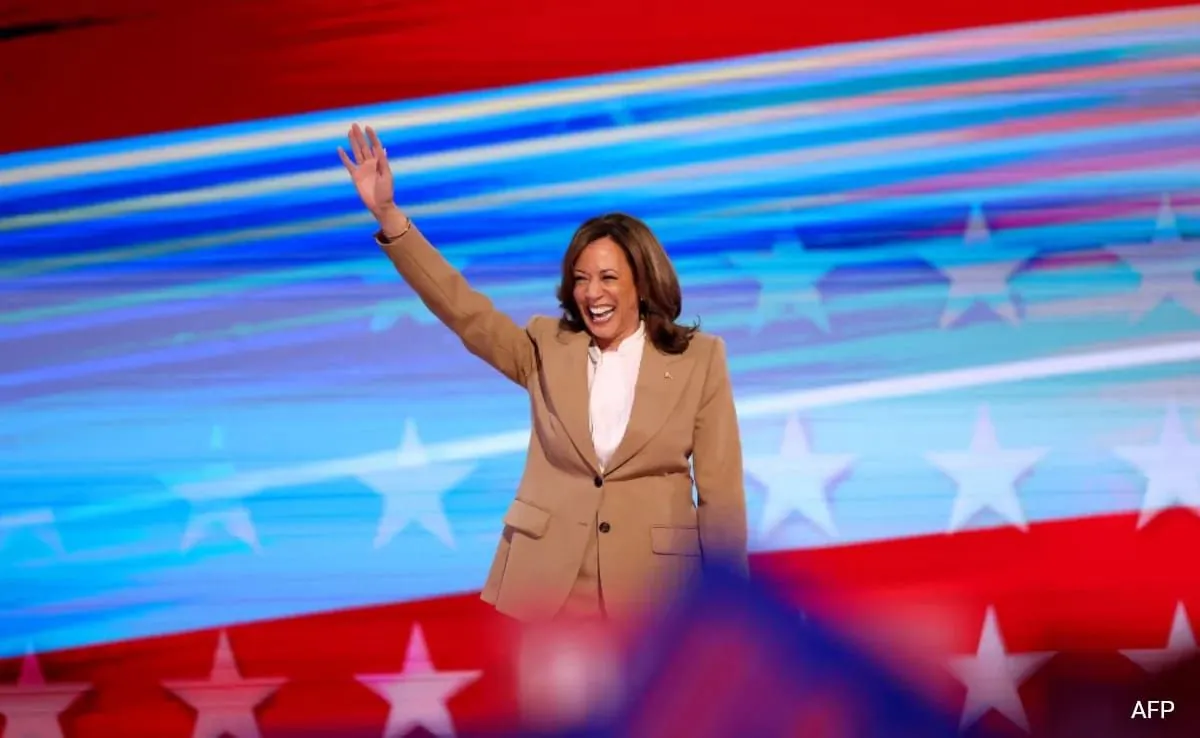As the Democratic National Convention (DNC) approaches in August 2024, the party's foreign policy platform has come under scrutiny. The official website's "Renewing American leadership" section appears to be three years out of date, while the newly released 92-page policy document still refers to Joe Biden as the party's candidate, despite his recent decision to step aside.
This oversight reflects the unprecedented situation the Democrats find themselves in, with Kamala Harris unexpectedly becoming the nominee just weeks before the convention. Joel Rubin, a Democratic strategist, notes, "Nobody's ever seen this before, where you get a nominee basically three weeks before the convention."
The outdated platform fails to address current global issues such as Russia's invasion of Ukraine, which began in February 2022, and the ongoing Israel-Hamas conflict that erupted in October 2023. These omissions highlight the challenges faced by the party in articulating a clear foreign policy vision.
Despite these shortcomings, the policy document does provide some insight into the Democrats' foreign policy priorities. It emphasizes strengthening alliances in the Indo-Pacific to counter China and supporting Ukraine against Russian aggression. The platform states, "The threat posed by Russia transcends its war of aggression in Ukraine. Russia is enlisting North Korea, Iran and China in its efforts to attack freedom across the world through military equipment sales and economic partnerships."
On China, the Democrats advocate for a "de-risking" strategy, aiming to balance economic ties while protecting national security interests. This approach aligns with the Biden administration's efforts to limit China's access to sensitive U.S. technologies.
Kamala Harris's foreign policy stance remains largely undefined. Her only public comments on international issues have been in response to protesters at a rally, where she reaffirmed support for a cease-fire in Gaza and the release of hostages.
Matt Duss of the Center for International Policy argues that foreign policy should play a more significant role in the election discourse. However, some Democratic insiders suggest that the lack of a detailed foreign policy platform may not significantly impact voters' decisions.
The Israel-Hamas conflict presents a particularly complex issue for the Democrats. Both progressive critics and staunch supporters of Israel see potential for their views to be represented in a Harris presidency, given her limited public statements on the matter.
Duss points out that foreign policy will inevitably factor into the election, even if not explicitly discussed. "When we talk about climate, when we talk about immigration, when we talk about post-neoliberal economics, these all have enormous foreign-policy implications," he explains.
As the DNC approaches, the Democrats face the challenge of articulating a coherent foreign policy vision that reflects both the party's values and the rapidly changing global landscape. The success of this effort may play a crucial role in shaping voter perceptions as the November 2024 election draws near.
"That's the mark of a smart politician."
This statement, referring to Harris's current ambiguity on foreign policy, highlights the potential strategic advantage of maintaining flexibility in her stance at this stage of the campaign.
